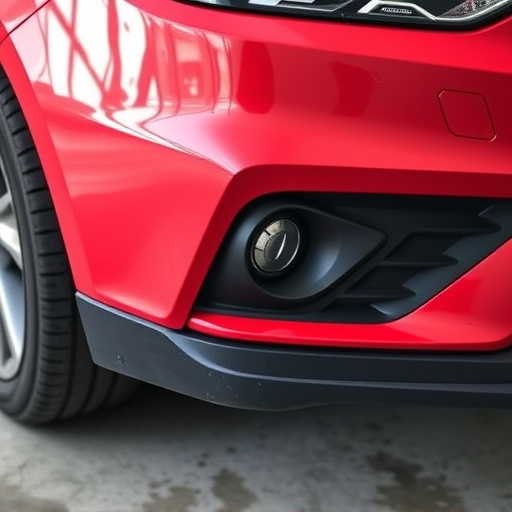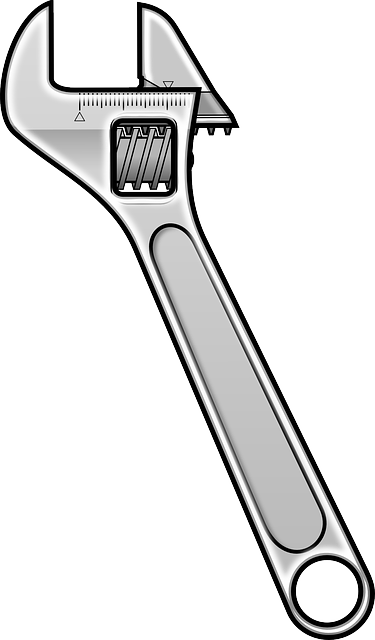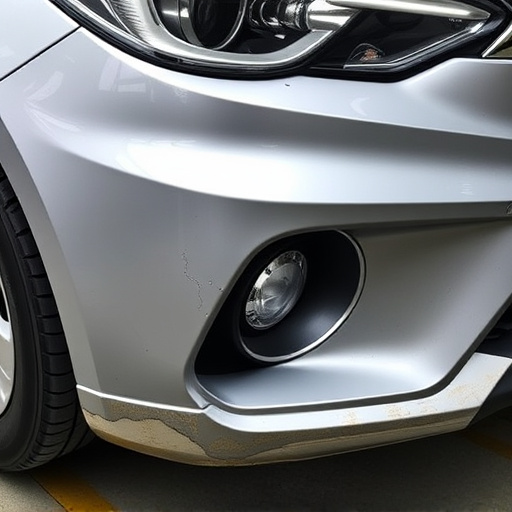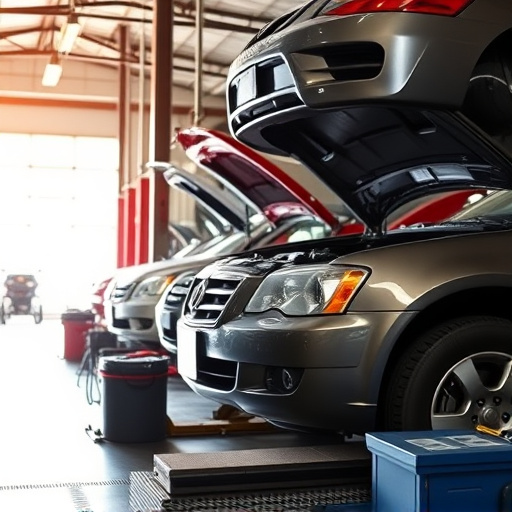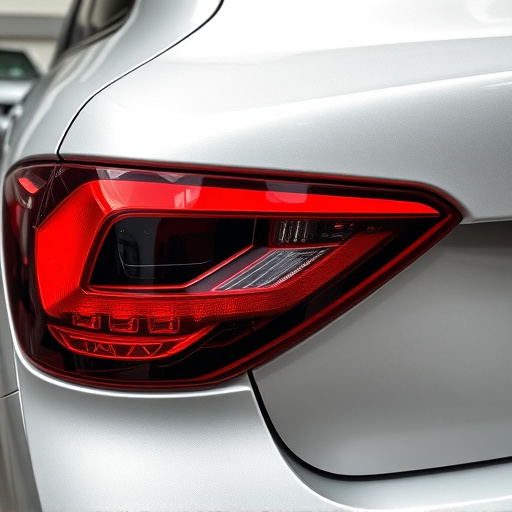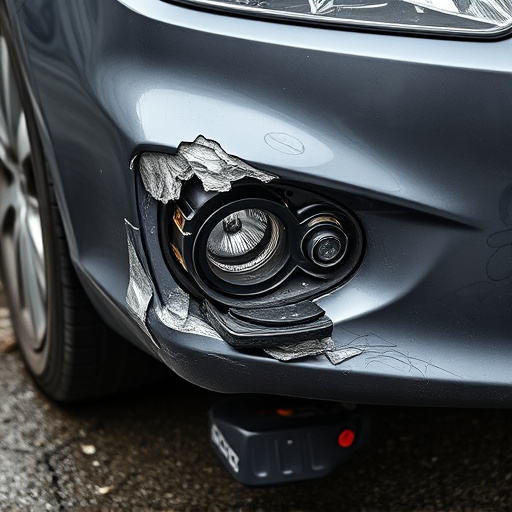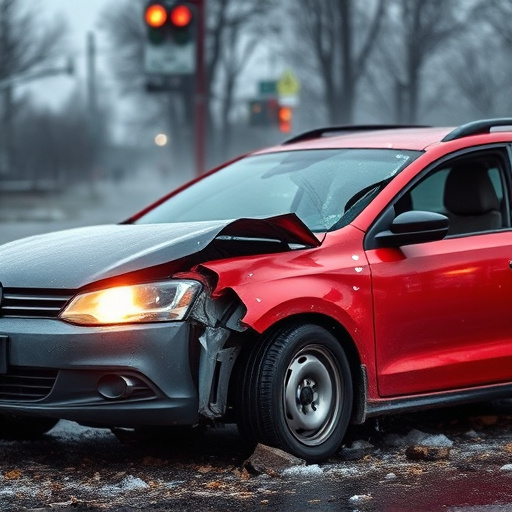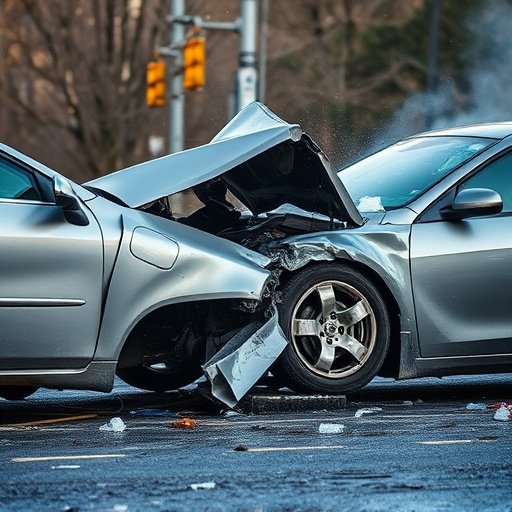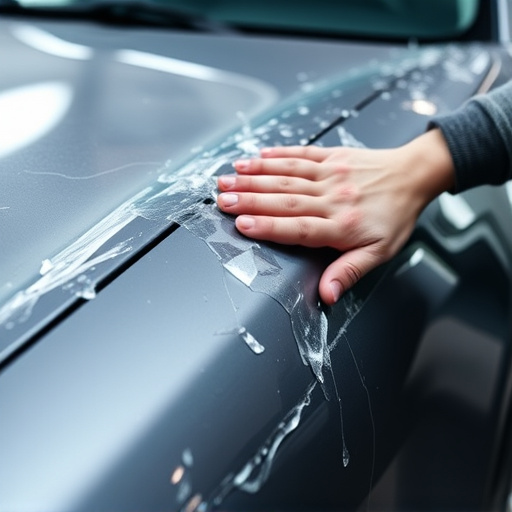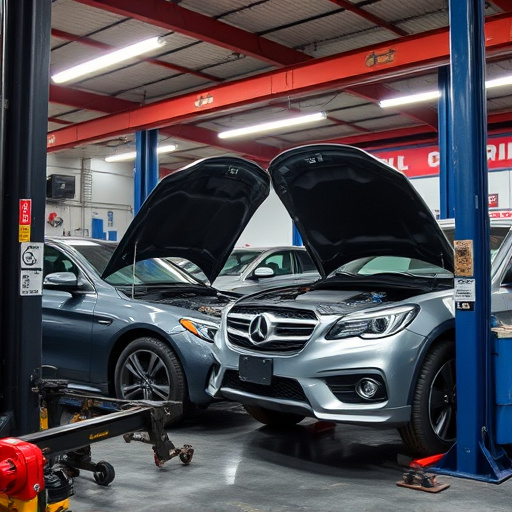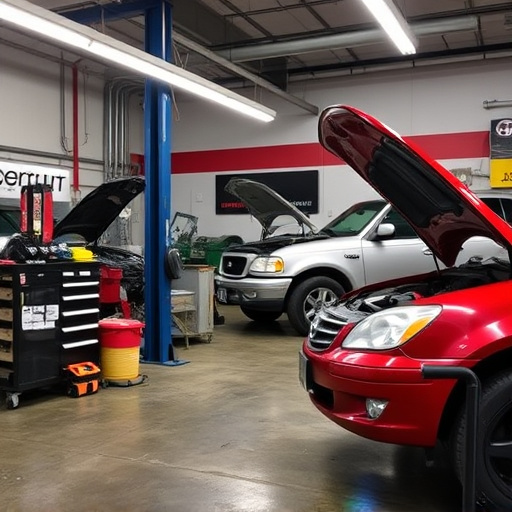A comprehensive alternator inspection after an accident is vital to ensure safety and reliability. Check for external damage, fluid leaks, and then test alternator function using specialized equipment. This process prevents post-accident complications in collision centers and automotive body shops, reducing the risk of alternator failure. Regular checks by skilled mechanics enhance vehicle safety and peace of mind.
In any vehicle crash, understanding the impact on vital components like the alternator is crucial. This comprehensive guide delves into how crash events affect alternator performance and provides essential post-accident maintenance tips through detailed inspections. From visual assessments to functional testing, these steps ensure safe operation and longevity of your alternator, critical for reliable power generation in modern vehicles. Learn effective practices for alternator inspection after accidents here.
- Understanding Crash Impact on Alternators
- Visual and Functional Inspection Procedures
- Mitigating Risks: Post-Accident Maintenance Tips
Understanding Crash Impact on Alternators
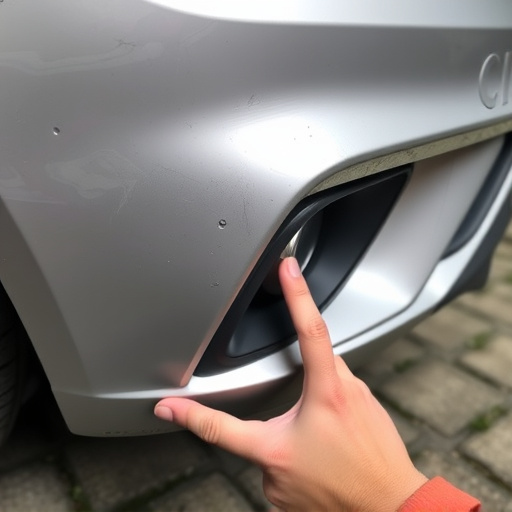
In the aftermath of a collision, it’s crucial to understand how crash impact affects alternator performance. A vehicle accident can cause significant stress on various components, including the alternator. During a crash, forces are exerted onto the engine and its associated parts, potentially leading to both visible and invisible damage. As such, a thorough alternator inspection after an accident is essential for ensuring optimal performance and reliability.
The severity of collision damage repair can impact the alternator’s ability to generate electricity efficiently. Autobody repairs and frame straightening may be necessary to restore structural integrity, but they also require careful consideration of underbody components like the alternator. Proper evaluation and necessary repairs at this stage can help prevent future issues, ensuring a smoothly running alternator that supports vital electrical systems in your vehicle.
Visual and Functional Inspection Procedures
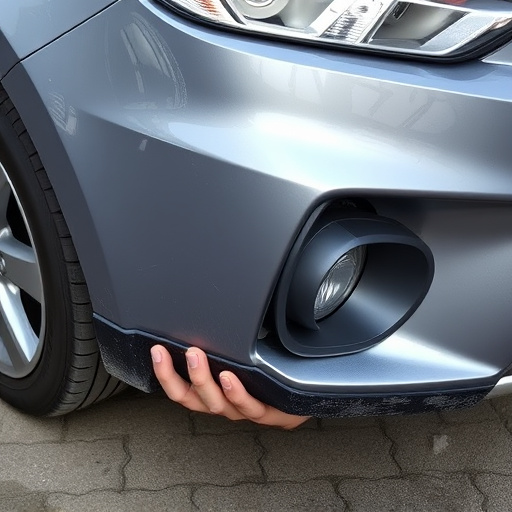
After a crash, conducting a thorough alternator inspection is crucial for evaluating its functional integrity. The first step involves a visual examination to assess any external damage to the alternator housing, belts, and connections. Any signs of deformation, cracks, or loose parts should be noted as they may indicate severe internal damage. During this process, it’s essential to also check for fluid leaks, particularly coolant and oil, which could have seeped into electrical components.
Following the visual inspection, a functional test is required. This involves reconnecting the alternator to the vehicle’s electrical system and checking its output voltage and amperage using specialized equipment. In a collision center or automotive body shop, experienced technicians can use diagnostic tools to ensure the alternator spins smoothly, charges the battery efficiently, and does not display any abnormal behavior. Such inspections are vital to guarantee that the alternator is safe to operate and prevent further complications post-accident.
Mitigating Risks: Post-Accident Maintenance Tips
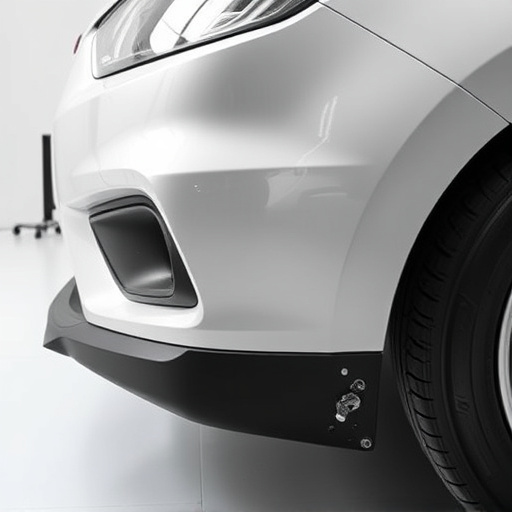
After a crash, it’s paramount to address any potential risks that could affect your vehicle’s critical components, including the alternator. A thorough alternator inspection after accident is essential to ensure its optimal performance and prevent further damage or malfunction. Look for signs of physical damage, such as dents, cracks, or leaks, which may compromise the alternator’s ability to generate power efficiently.
During post-accident maintenance, consider engaging professional mechanics who specialize in automotive collision repair and luxury vehicle repair. They have the expertise to assess the alternator thoroughly, using advanced diagnostic tools to detect any internal damage or performance anomalies. Regular checks and timely repairs can significantly reduce the risk of an alternator failing during operation, ensuring your safety on the road and maintaining the overall reliability of your vehicle, whether it’s a standard model or a high-end luxury vehicle with meticulous vehicle dent repair.
In understanding how crash impact affects alternator performance, it’s clear that a thorough alternator inspection after an accident is crucial. By following established visual and functional inspection procedures, mechanics can identify potential issues early on. Additionally, implementing post-accident maintenance tips helps mitigate risks and ensures the reliable operation of alternators, vital components in today’s vehicles.

